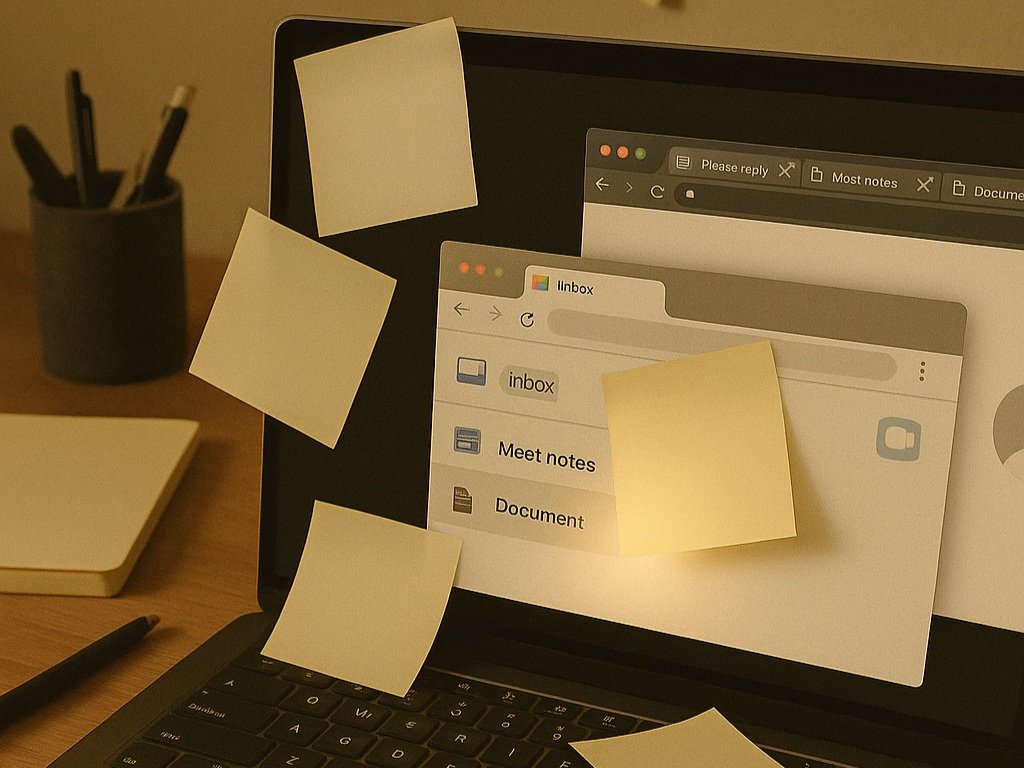You’re Not Overwhelmed Because You’re Weak: What The Organized Mind Gets Right About Cognitive Burnout
If your brain feels like 37 tabs open and someone’s playing music you can’t find - there’s nothing wrong with you. You’re just living in the attention economy.
Daniel Levitin shows why modern life overloads your working memory and why attention, not willpower, is the true bottleneck.
You’re not failing. You’re just bandwidth-tired. Because every day asks you to:
- Remember a dozen things your phone already reminded you of
- Respond to 100 pings, 30 texts, and at least one existential thought
- Care about your job, your friends, your inbox, and your gut health (simultaneously!)
It’s no wonder your thoughts are foggy and your weekends feel like reboot sessions.
Your brain was never built for this volume of input
What Is Diurnal Mood Variation?

Each dawn, your cortisol spike may register as a threat instead of energy, thus training your nervous system to brace for pain.
The Problem Isn’t Focus. It’s Input Overload
Daniel Levitin, a cognitive neuroscientist, reminds us that working memory is limited at 4 – 5 chunks. Everything else slips, loops, and burns precious energy just by existing. That’s cognitive load.
Ever forget a password or cry at a mild email? It’s not laziness. It’s overload
We Don’t Need More Willpower. We Need Fewer Decisions
Every choice (what to wear, what to eat, whether to open that message, etc.) uses glucose and depletes your executive function. By 3 pm, even tying your shoes feels like a challenge.
In therapy clients often say:
- “I know what I should do, I just can’t start.”
- “I’m tired and haven’t done anything yet.”
- “Everything feels urgent, nothing meaningful.”
It’s not laziness. It’s more like decision fatigue. Learn how our approach helps you simplify your mental interface.
When your to-do list fights back
Therapy Isn’t About Productivity. It’s Pattern Recognition
Levitin’s systems are helpful, but therapy goes deeper. Why does “no” feel unsafe? Who taught you that forgetting equals failure? Because often your brain learned to track too much, too early... and got praised for it.
If checklists still leave you drowning, it’s time to regulate your nervous system, not just your inbox.
I offer trauma-informed online therapy in English, based in Prague and available worldwide for overwhelmed professionals and creatives.
Let’s organize your mind around safety, not fear of failure.


